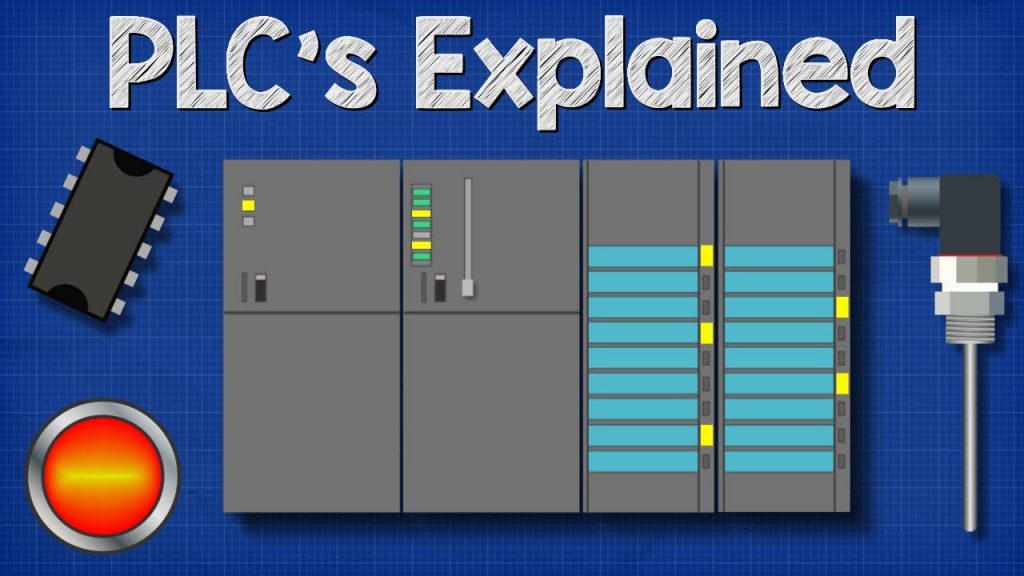"Check out the leading manufacturer for a professional coil packing solution here."
Title: PLC Basics Explained: Revolutionizing Industrial Automation
Introduction:
In today's rapidly evolving industrial landscape, automation is the key to improving efficiency, productivity, and safety. At the heart of this automation revolution lies Programmable Logic Controllers (PLCs). In this YouTube video, we will delve into the fundamentals of PLCs, exploring how they work and their crucial role in Industrial Automation. So, let's embark on this journey to understand how PLCs have revolutionized the industrial sector.
I. Understanding Programmable Logic Controllers:
To comprehend the significance of PLCs, it's essential to grasp their basic functionality. PLCs are robust industrial computers that are specifically designed to control and monitor various processes within manufacturing plants. They serve as the brain behind automated systems, ensuring seamless operations.
II. How PLCs Work:
1. Inputs and Outputs:
PLCs receive signals from numerous input devices, such as sensors and switches, to gather information about the current state of the system. These inputs are then processed by the PLC's processor, which executes a pre-programmed logic sequence. Based on this logic, the PLC generates corresponding output signals that control various actuators, such as motors and valves.
2. Programming Languages:
PLCs can be programmed using various languages, including ladder logic, structured text, function block diagram, and sequential function chart. Each language offers different advantages, catering to diverse application requirements.
III. Advantages of PLCs in Industrial Automation:
1. Flexibility and Adaptability:
PLCs provide the ability to modify and update programs easily, allowing for quick adjustments in response to changing production demands. This flexibility ensures efficient production processes and reduces downtime.
2. Centralized Control:
PLCs centralize control over multiple machines and processes, eliminating the need for individual controllers. This centralized control streamlines operations, enhances coordination, and reduces complexity.
3. Improved Safety:
PLCs play a critical role in ensuring the safety of industrial environments. They can monitor and respond to emergency situations swiftly, preventing accidents and minimizing risks to workers.
IV. Applications of PLCs in Industrial Automation:
1. Manufacturing Industry:
PLCs are extensively used in manufacturing plants to automate processes such as assembly lines, material handling, and quality control. Their ability to handle complex tasks and communicate with other devices makes them invaluable in optimizing production efficiency.
2. Energy Sector:
PLCs are vital in the energy sector, controlling and monitoring power generation, transmission, and distribution systems. They aid in maintaining grid stability, managing electrical loads, and ensuring reliable energy supply.
3. Water Treatment Plants:
PLCs are employed in water treatment plants to automate processes such as filtration, disinfection, and chemical dosing. Their precision and reliability help maintain water quality and optimize resource usage.
V. The Future of PLCs in Industrial Automation:
As technology advances, PLCs continue to evolve, incorporating features such as cloud connectivity, artificial intelligence, and machine learning. These advancements enable predictive maintenance, real-time analytics, and enhanced decision-making capabilities. The future holds immense potential for PLCs to further revolutionize industrial automation.
Conclusion:
Programmable Logic Controllers (PLCs) have become the backbone of industrial automation, revolutionizing the way manufacturing plants operate. In this YouTube video, we explored the basics of PLCs, their working principles, and their pivotal role in Industrial Automation. By harnessing the power of PLCs, industries can unlock improved productivity, efficiency, and safety. So, join us in embracing this automation revolution and witness the transformative impact of PLCs in the industrial sector.
Check out the leading manufacturer for a professional coil packing solution here. Industrial Robot
"Demystifying Programable Logic Controllers: Understanding Automation Engineering and Industrial Automation Concepts"
